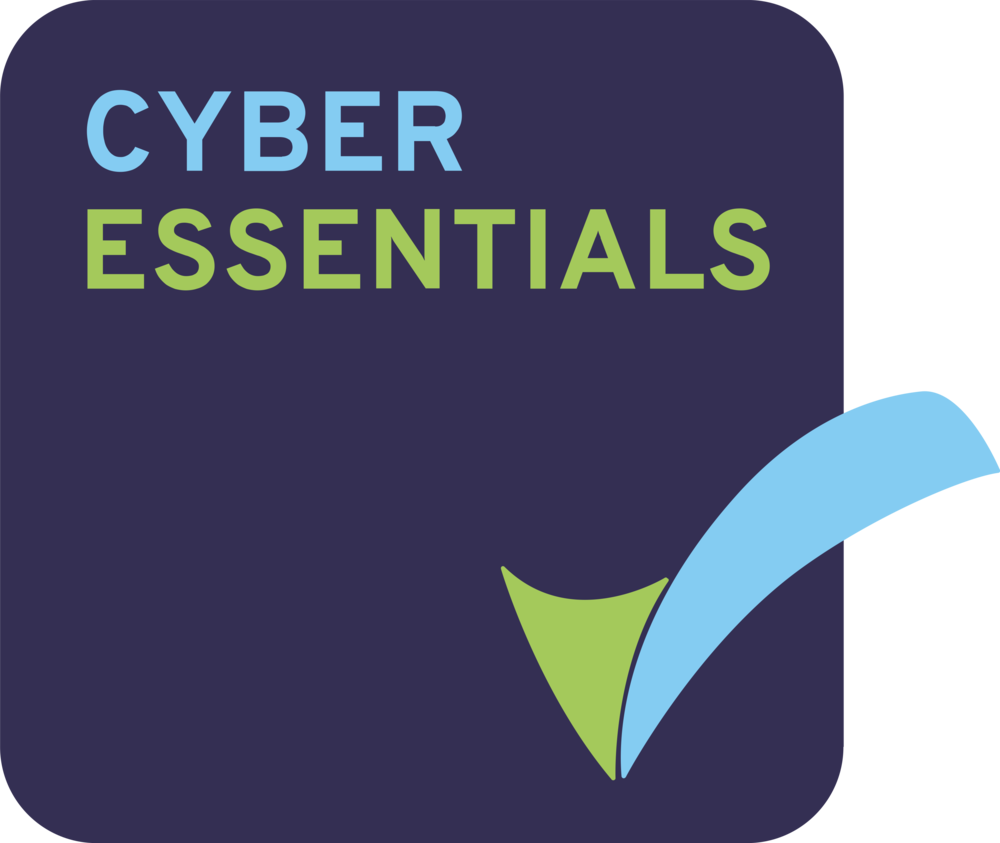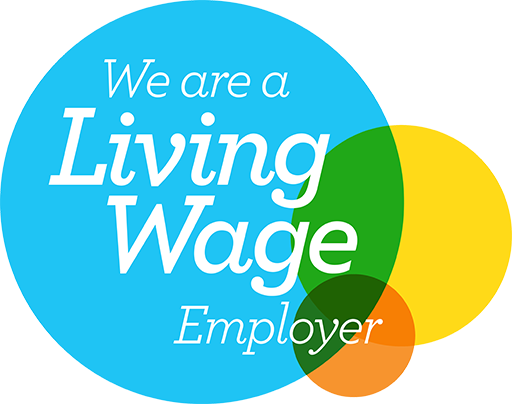Recruiting volunteers can appear to be a very simple process; you need help to deliver your services so you ask around and people agree to help you. They come along and you tell them what needs to be done, they do it, you thank them and the process continues. In many instances this is the informal way many organisations start to engage volunteers and build their capacity. However, a little forward planning can ensure that the process of engaging volunteers, effectively managing your volunteers and the volunteering experience is really positive and productive for staff, volunteers and service users.
5.4.1 Why volunteers?
If you are thinking of involving volunteers for the first time or if you are looking to increase your capacity it is worth spending a little time reflecting on why you might involve volunteers. Do you have a role for them to fulfil? What benefits will they bring to your organisation and what will a potential volunteer get out of it themselves? It is also important to consider the impact it may have on your organisation.
Understanding why you engage volunteers will enable you to clearly explain (to your Board, staff, service users, funder’s, supporter’s, stakeholders and community) the benefits that volunteers bring and help everyone to view volunteering in a positive and productive way.
[accordion title=”Benefits to you” style=”h2″]- Positive links with the community
- Support for existing staff
- Support for existing volunteers
- Allows flexibility
- New / different dynamic with service users
- Capacity building
- Enhances services
- New ideas and enthusiasm
- Additional skill sets
- Diversity
- Knowledge
- Progression for service users
- What training can you offer?
- What experience and skills will they gain?
- Will you provide References?
- Can you offer any discounts or use of services?
- How will they develop personally?
- What are the mental, physical and emotional benefits?
- How will volunteering help their (Isolation, Health, Employment, Education, Poverty) circumstances?
- Can you offer any progression?
- Do you have policies & insurance?
- Do you have capacity to recruit, train and support volunteers?
- Finances-can you offer expenses?
- Can you measure impact?
- How will you get everyone on board?
- Can you balance your needs and your volunteers needs
5.4.2 What will volunteers do?
Establishing the roles volunteers will play within the organisation is a crucial part of planning for volunteers. It is important to consult as widely as possible with staff, volunteers and service users to identify what roles and tasks are needed and where. These could include enhancing your existing service or tasks requiring specialist skills to develop your organisation. Volunteers do not replace paid staff and should never be asked to take on tasks that should be the responsibility of paid staff.
5.4.3 Describing the Role
Once you have a definitive list of roles and tasks for volunteers you can create role descriptions. Role descriptions outline what volunteers will do and what they will get out of it. They are a great way of being able to give additional information to potential volunteers who can then decide if the role is right for them. If they are interested in pursuing the role then a good role description also gives them an idea of the work when they start volunteering and gives you a foundation on which you can base future volunteer review meetings.
Volunteer roles should allow for a degree of personalisation (within reason) for each volunteer. It is good practice to regularly review volunteers’ roles and make any changes you feel are appropriate to ensure they continue to meet the needs of the organisation and the volunteer.
Examples of what you may want to include in your role description are:
|
Role Title
|
Try to make this as appealing as possible. This is the “Hook” to peak interest
|
|
Responsible to
|
The name of the person who is responsible for the role or their role title i.e. Volunteer Co-ordinator. This may not necessarily be the named person who will be responsible for their day to day volunteering support.
|
|
Role Location
|
Your organisation main location may not be the location of the actual volunteering placement so make it clear where you expect the volunteer to be based.
It may be beneficial for larger organisations to detail what Department or section of the organisation the volunteer will be placed. |
|
Frequency and Commitment
|
If there is a minimum or maximum commitment of time for your volunteering role specify it here.
Detail what days the volunteering will take place and how long each session will. This allows the volunteer to decide if the role is suitable for them and will save you having to turn people down for the role. If the role is more generic make sure you say that the commitment and times are flexible. |
|
Role Description
|
Include the purpose of the role in your description. Volunteers should know why they are needed. You could also include relevant organisation aims.
|
|
Tasks
|
This is your opportunity to check you have covered all aspects of the volunteer tasks and to check they are enhancing your service and not encroaching on paid staff roles. It also helps to clearly define to the volunteer and staff what will be expected of the volunteer.
|
|
Skills and Experience Required
|
If your role requires a specialist skill you should make that clear. Alternatively if you are willing to train volunteers make them aware of this.
Experience and personal attributes may be more important for your role so list these here. i.e. Caring nature, ability to listen etc. |
|
Restrictions
|
In some instances the nature of your service provision may restrict who can volunteer with your organisation. If you need to restrict who can volunteer for a role always clearly state why and ensure you are adhering to your Equal Opportunity policy.
|
|
Training and Support
|
Training is a great motivator for potential volunteers so make sure you let them know the training they will receive as part of their volunteering and if this training is essential to fulfil the role.
Telling the volunteer what support they will receive initially and in the future will alleviate any fears they may have and give you the opportunity to determine the level of support you can offer including expenses. |
|
Other Requirements
|
Information on PVG checks or other requirements that are not training or skills based.
|
|
Recruitment Process
|
Think about details such as: How to apply, what happens next, selection methods and also a realistic time scale for this process. If your recruitment time is prolonged make this clear so the volunteers knows what to expect and keep in touch with them during this time. |
Date role created and Contact Information
Make sure the date is recent. If the role has been available for some time you may want to use a regular review date. Contact name, number and or email address for potential volunteers.
5.4.4 How will you recruit volunteers?
One of the first things to consider when recruiting volunteers is when to recruit. You may need volunteers at certain times of the year or for certain key events or you may need a continuous supply of volunteers. Your recruitment method may be driven by your requirements and your time limitations. For instance, you may need volunteers continuously but decide it would be more time effective to recruit on mass at regular intervals during the year so you can provide blocks of training. Or you may have the capacity to be more flexible, recruiting and training continuously on a more one to one basis as and when volunteers come forward.
Another consideration is how you will recruit and where you will advertise your available roles. A big national campaign for volunteer recruitment will require much more planning than a small local recruitment drive but the method of recruitment may be similar. Some organisations may only recruit through word of mouth others may want to consider local or national newspapers, posters in libraries and notice boards, talks or presentations in schools and colleges, community fairs and events, social media and internet or you may take referrals and of course, VSGWL can advertise your volunteering roles as opportunities on our own website and the Volunteer Scotland website.
A recruitment plan may be beneficial if you are looking for a lot of volunteers or are trying to recruit for several roles and could help you to set out:
- How potential volunteers should contact you (phone, email, online form)
- When you would like to market/advertise
- Where you will market/advertise
- How many volunteers you want to attract
- What methods and resources are required (application forms, interviews, informal chat etc)
Finally, it is wise to decide who will deal with volunteering enquiries and how will they do this. How will progress be tracked and what will you need to tell potential volunteers about your recruitment process and organisation.
5.4.5 Who will support volunteers?
Support is an informal process which identifies the encouragement and help that a volunteer can expect when volunteering. Support can take many forms but all volunteers need some kind of support. The way in which your organisation offers support to volunteers will be determined by a variety of factors, such as the type of organisation, the nature of the volunteer task, the needs of individual volunteers and the resources available. Different tasks will require different levels of support and a diverse volunteer base will have diverse needs and differing individual support requirements. The need for support may change as the roles change or reduce as the volunteer gains confidence. In order to provide support to volunteers, someone in the organisation needs to have the skills, time, resources and support to carry it out. People who manage volunteers need training and support and it should be part their role profile. Volunteers who have been well supported can get on with their role without as much input from staff or volunteer coordinators. Please note supporting volunteers is not the same as volunteer supervision or training.
There are various approaches you can take to implement a good support system such as:
- A personal approach
- Group and peer support
- Support through training and learning
- Support from the organisation
A good support system will incorporate elements of practical, organisational, information and personal support to volunteers.
5.4.6 Additional Information
Some additional areas that may be worth taking into consideration before recruiting volunteers include recent DWP guidance on volunteering while on benefits and volunteering and the Law.
Some more detailed guidance and example policies can be found in our Resource Library


